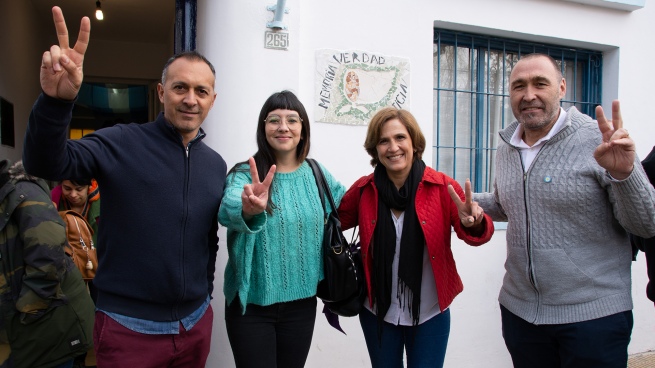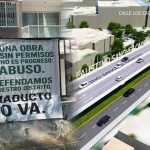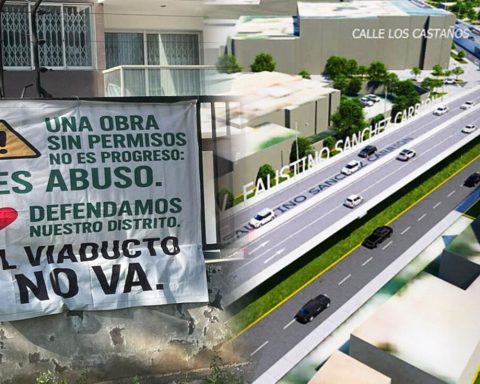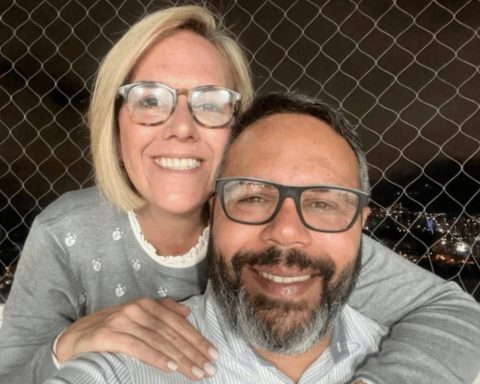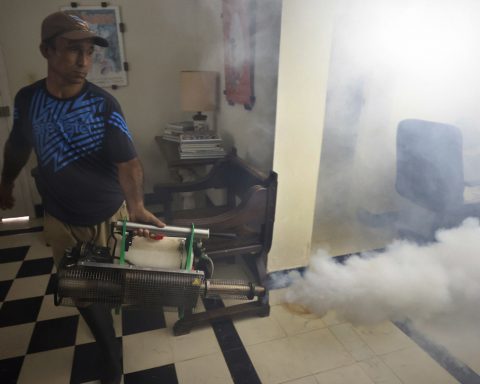The Justicialist Party (PJ) of Neuquén met at the doors of its headquarters in the provincial capital to listen to the defense made by Vice President Cristina Fernández de Kirchner from her social networks in the framework of the trial known as Vialidad.
The Neuquén PJ, chaired by Darío Martínez, had called this Monday in a flyer to listen to the release of the vice president in front of the headquarters in the capital, in which declared “alert and mobilization against political and judicial persecution.”

The provincial deputy of the Frente de Todos (FdT), Darío Peralta, who gathered together with leaders of Neuquén Kirchnerism at the PJ headquarters, warned that “if they touch Cristina we will be in the street defending the vice president of all Argentines”.
“What the Justice is doing, this judicial party, is inadmissible, we do not understand where they want to go,” he said and pointed out that “we know that they have a great position in favor of Macri, in favor of Larreta”.
In this sense, the provincial deputy maintained that this is why “we are convening with the compañeros and compañeras at the headquarters of our party here on Roca Street” and said that “we are going to stay on alert, see if it is necessary to mobilize and be available.
“This really is a persecution that has nothing to do with the justice that one dreams of and that one wants for a country that lives in a democracy,” he said.
Meanwhile, the councilor in Neuquén for the FdT and president of the PJ at the local level, Marcelo Zúñiga, recalled that “Peronism was born by going to look for its imprisoned leader and unjustly imprisoned for carrying out public policies that benefited all workers and workers,” noting that “in this case It is not something isolated, it is part of the sad history of Argentine society and Peronism”.
In this context, he indicated that “The response has to be organized and with participation to twist the course of public policies, in this case the judicial system, which is the main instrument causing the social, gender and political inequalities that exist in Argentina”.

